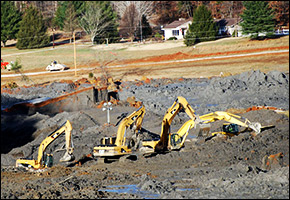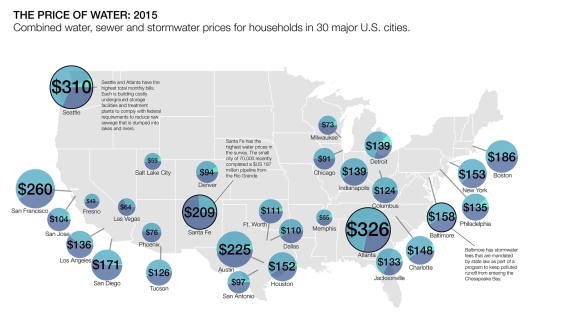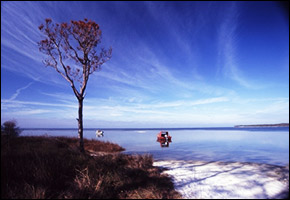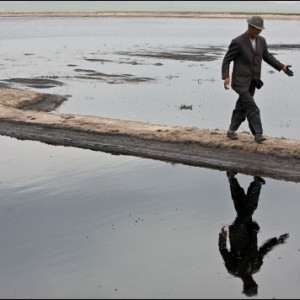World Economic Forum:Water Crisis as Urgent as Climate Change
Davos, Switzerland (23 January 2008) – (WEF press release) Global crises from escalating demand for fresh water and inadequate supply are as urgent as efforts to tackle climate change – yet are more vexing and complicated, the World Economic Forum Annual Meeting 2008 heard today.
A panel including UN Secretary-General Ban Ki-moon told international business CEOs and civil society leaders assembled in Davos that water stress poses a risk to economic growth, human rights, health, safety and national security.
The challenge of securing safe and plentiful water for all,” said the Secretary-General, “is one of the most daunting challenges faced by the world today.”
“The solution to water is more complex than the solution to climate change,” added Peter Brabeck-Letmathe, Chairman and Chief Executive Officer, Nestlé, Switzerland.
But the panellists agreed the challenge could be solved, using collaborative approaches, political will, market mechanisms and innovative technology like those which arose in response to global warming.
Market forces could work well under a cap-and-trade approach similar to those applied to carbon dioxide, suggested Fred Krupp, President, Environmental Defense, USA. “We saw a tragic ripping apart of the fabric of life when we took too much water out of rivers. Unless we put caps on the global warming pollution we’re throwing up into atmosphere, we’re walking into a hell for water shortages.”
Panellists agreed that no individual, firm or nation could escape the consequences of water scarcity. Meanwhile, efforts to extract more and alternative energy sources such as shale oil or biofuels only speed the depletion through their own requirements for water. The resource is also wasted, because it has no economic value, despite being the most precious and scarce resource of all, said Brabeck-Letmathe. “If we allow market forces to play a role in how to define the value of water, we could take a big step forward,” he commented.
The panellists agreed that a certain amount of clean water for drinking should be seen as a human right. South Africa and Oman have shown both novel and ancient ways to secure its availability. But water for farmers, industry, swimming pools or gardens needs to be priced to prevent waste and inefficiency, the panellists declared.
Ban Ki-moon pointed out that the fighting in Darfur, Sudan, resulted from water shortage. “Fighting broke out between farmers and herders after the rains failed and water became scarce.” Some 200,000 people died. Several million fled their homes. “But almost forgotten is the event that touched it off – drought, a shortage of life’s vital resource.”
Circle of Blue provides relevant, reliable, and actionable on-the-ground information about the world’s resource crises.









Leave a Reply
Want to join the discussion?Feel free to contribute!